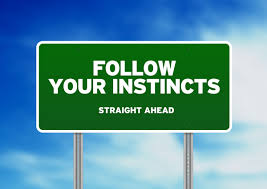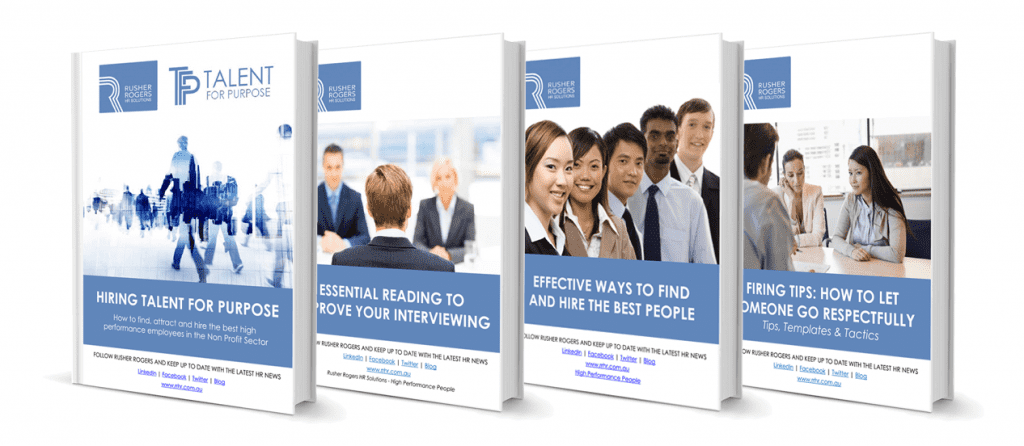
Gut feel, instinct, intuition, call it what you will, but it still plays a vital part when it comes to selecting a candidate for a role.
Most of us are very familiar with the science behind selecting the right and most suitable candidates for a role. Using behavioural based questioning in an interview to identify whatever the sought-after behaviour is, is standard practice and allows the interviewer to get some actual real-life examples of how a potential candidate has managed a workplace situation, person, problem or issue. Behavioural questioning allows us to consider comparable answers, consistently and fairly across a short list of candidates minimising whatever conscious or subconscious bias we may hold.
Yet despite this now very standard method of identifying the right candidate, it more than often still comes down to an instinctive, gut feel, where interviewers cannot quite put their finger on it BUT they intuitively know that they are either the ‘right’ or the ‘wrong’ fit for the role.

What exactly is gut feel?
According to Lauren Brown of People Management, “Employers still rely on instinct over experience, interview performance and qualifications” with more that a quarter of employers (28%) relying on their ‘gut feel’ for the main reason for hiring someone. Lee Biggins of CV-Library confirmed that “gut feeling played a “vital role” when fielding candidates, but said it could lead employers to be biased”.

Jack Villiers, Founder & CEO of KULA, considers the science behind the selection process with the rise and rise of data supported algorithms as key tools for matching candidates to roles but is the downside that we are moving further and further away from our ‘human instincts when making decisions and evaluating people?” He asks have we de-humanised the recruitment process? Data is a key factor that has improved the accuracy of hiring decisions, but it’s not the only factor and as Villiers goes on …” it’s essential to blend the ever-evolving data landscape with our human instincts to formulate a good decision-making process.”

In Daniel Gallen’s (oneeighty recruitment) article “The Science of Gut Feel”, “Gut feel is …” “is based on unconscious comparisons to past experiences.” His article goes on to explore the negative and positives:
- “Gut feel is a useful judgement tool about humans and fit. The process of recruitment is all about people, managing expectations and match-making – if it wasn’t, the whole process of recruitment could be done by machines! While technology is helpful to the process, it isn’t a total solution to the hiring process.
- We’re in a knowledge economy – this means new complexities and priorities have been added. It’s no longer just about what school you went to or what degree you have, there’s much more to it than that. This makes the gut feeling very relevant.
- However, as mentioned earlier, gut feeling is based on prior experience. Because each person has different experiences, the interview process has suddenly been plagued with subjectivity. This opens up the possibility of bias and we must always be aware of this.
- From a different perspective, a candidate could use a hiring managers gut feel to manipulate the process – taking the focus away from key competencies and toward similar interests. This creates the added risk that they person they “like” can’t actually perform the tasks required.
For better or for worse, gut feel still plays a part in all of our selection decisions but by degrees, and in concert with more data supported methods of identifying the right qualities and behaviours for the ‘right’ candidate fit.
In the words of Albert Einstein “What counts can’t always be counted, and what can be counted does not always count”
Current Jobs:
- Employee Relations Manager
- Service and Training Specialist
- General Temp Registration
- Health, Safety and Wellbeing Manager
- Human Resources Manager
- Marketing Communications Coordinator
- Personal Assistant
- Training Manager
- Maintenance Supervisor
- Financial Controller
- Paralegal





